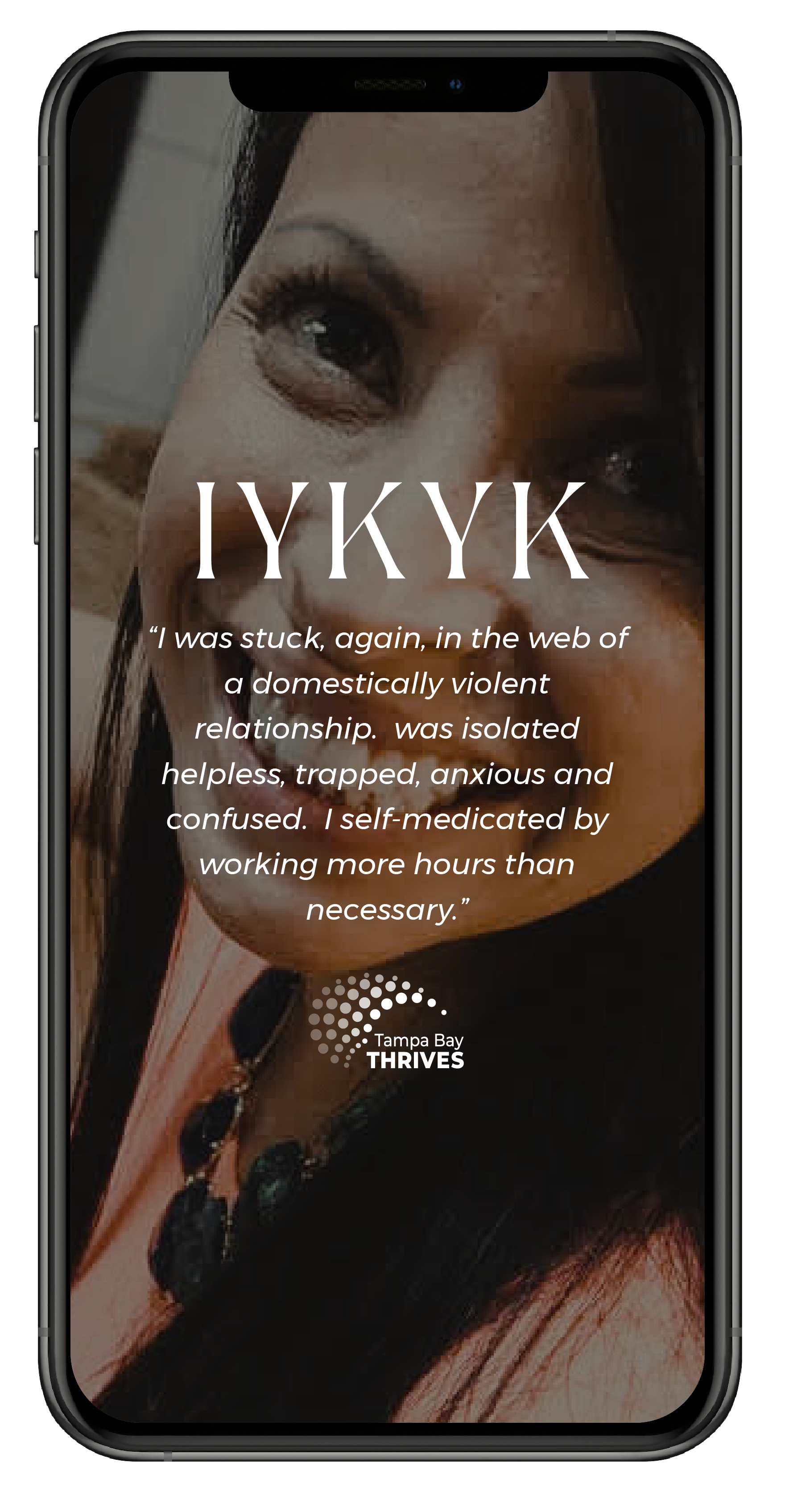Bianca
I am a survivor of the shooting that occurred at Marjory Stoneman Douglas High School on Valentine’s Day 2018 in Parkland, Florida. The mass shooting that occurred my freshman year injured 17 and killed 17 in a matter of six minutes.
In the days and months that followed, every day, someone around me was set off by triggers. I felt guilty when I had a good day and saw others suffering. I was enraged when teachers would come in with a big smile and “acted like nothing had happened” and then I also got upset when teachers brought it up and brought me down when I felt like I was ‘managing’ that particular day. It was a lose lose. There were no right, or wrong ways and everyone’s stage was unique and could turn in a second.
My parents asked me if I wanted to change schools or even move out of Parkland, but on one hand, the idea of abandoning my community seemed cowardly and the thought of being around people with no clue or sensitivity towards my experience sounded lonely and isolating. But then going to school every day and walking past THAT building – a violent crime scene- and getting triggered by loud noises or screams, going through fire drills, and seeing news reporters parked outside my school every few weeks or months made it even harder to move on. I watched my parents grapple with how to help. I lost friends who I know now were just unequipped to help.
Many of the people around me did not go to therapy. It was evident as to who was struggling the following year after the shooting. Us survivors are scarred in many ways and the trauma is unlike any other pain. It’s as much mental as it is physical. The tremendous amount of survivor’s guilt I was experiencing pushed me over the edge. I asked for help from my school and family and was luckily supplied with a therapist soon after. Since then, I have been in and out of therapy for 3 and a half years. I have been treated by 3 different licensed therapists using various techniques including cognitive behavioral therapy, 3 types of trauma therapies: eye movement desensitization and reprocessing, reconsolidation of traumatic memories, and traumatic incident reduction, as well as treatment with prescribed medication from my psychiatrist.
I still struggle day to day with triggers even 5 years past that day. My parents grapple with secondary PTSD. Even despite having treatment, I never know if the day will be a good or bad day mentally. As someone who had first-hand trauma I have gotten my power back through mental health advocacy by sharing my story. I believe that true empathy and compassion is seen when we have tough discussions about traumatic events.
